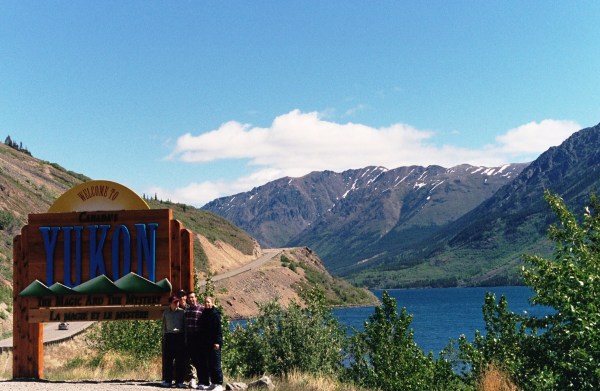A daybreak that’s wondrously clear
Leaving behind nights of terror and fear
I rise
Into a daybreak that’s wondrously clear
I rise
Bringing the gifts that my ancestors gave,
I am the dream and the hope of the slave.
I rise
I rise
I rise.
— Maya Angelou
I join millions in saying “Thank you, thank you, thank you, Maya Angelou, for these ever-inspiring words, that light up the darkness for so many of us!” I’ve often said that Angelou’s writing does for my spirit what spinach did for Popeye. She has a gift for empowering others through what she writes.
To be extra-candid here, I’ve always had the feeling that some of my friends don’t understand my abiding interest in black history. It’s not that they say so in words; they don’t have to. And I’ve never felt the need to explain.
Still, it’s like the elephant in the living room. Sooner or later, anyone who knows me well, knows that I feel a deep unspoken connection with the African-American details of U.S. history. It’s partly that I’m from the South, where both transracial unity and lingering racism continue to flourish. Jeff often remarks, in some northern places we visit, how strange it seems to see that there are so few black people around. Both of us feel more at home when we’re not in an all-Caucasian crowd. Both of us have been most happy in churches where everyone belongs, regardless of age, ethnicity, disability or good old-fashioned eccentricity. It might seem odd or pretentious to admit that, but that’s just how it is.
But I can’t pretend to have the slightest idea what it’s like to be an African American today, much less twenty or fifty or two hundred years ago. I have, however, learned a few things I never wanted to know.
I’ve learned that invisible chains can be almost as restrictive and damaging as literal ones, and far more insidious.
I’ve learned that prejudice is something one can often sense and pick up on inner radar…and that such radar is sometimes inaccurate, skewed unfairly by past outrageous injustices.
I’ve learned that many cruelties and hurts are perpetrated by people who mean well, and have not the slightest intention of hurting someone else…and who sometimes are unwilling to see their own guilt in the matter, even if it is pointed out.
Most importantly, though, I have been blessed to know so many African American people who have lived out before my eyes the daily tasks I find so difficult: forgiveness, patience, fortitude, courage, humor, humility and never, ever giving up.
All of us struggle, of course. African-Americans have no corner on the suffering market; indeed, as Angelou herself points out in the clip below, no minority or majority does. Life is mostly a tremendous struggle, and ultimately, none of us gets out of this world alive.
Which brings me to another reason I love black history: its unmistakable link between faith and endurance; hope in God and trust in people, no matter how many times people may fail us and disappoint us, and no matter how hard it may be to see God pulling for us, working for our good in the harshest circumstances.
The gift Angelou refers to, the one her ancestors gave, is not just for black people or other minorities. It’s for all of us. The dream of the slave is the dream of us all: freedom from the pain and suffering and injustice of this world. Her final words in this poem, meaningful to all of humanity, have a special resonance for those of us who are Christians, because intentionally or not, they echo for us the theme that is at the heart of our faith, the greatest story ever told: that the victory of Jesus is our victory as well. We rise!
This post was first published seven years ago today. The original post, comments and photo are linked, along with two other related posts, below. These links to related posts, and their thumbnail photos, do not appear in the blog feed; they are only visible when viewing the individual posts by clicking on each one. I have no idea why, nor do I know how they choose the related posts. That’s just the way WordPress does things.
- Posted in: Uncategorized
- Tagged: African Americans, believe, dreams, faith, freedom, hope, understanding, unity, victory, walk away from hate, We Shall Overcome








Wonderful commentary by you…particularly in today’s racial climate. Wonderful poem by an extraordinary poet. I enjoyed seeing and hearing Maya Angelou bring her poem to life. Though she is no longer with us physically, the words Maya Angelou left behind are still with us!
By the way, I think of you and pray for you often my dear!
Love,
Pat XOXO
Pat, in the past six months I have wished so often that Maya Angelou was still with us on this earth in person and not just in her poems. From what she’s had to say about other news stories in the past, I think she would have plenty of wisdom for everyone involved, and probably a good bit of deeply loving scolding as well! You know, the kind of advice some of us were fortunate enough to get from our parents or grandparents. I am so grateful for her videos which allow us to hear from her still. Thank you for your thoughts and prayers! I have a little note on my table this very minute with a list of three people I have been intending to send cards to, and you are on that list! You have been warned! 😀 ❤